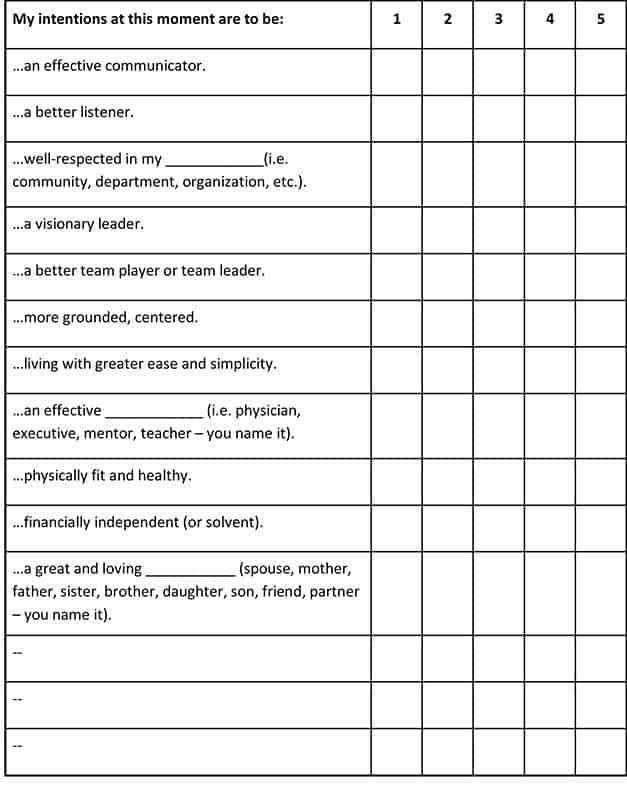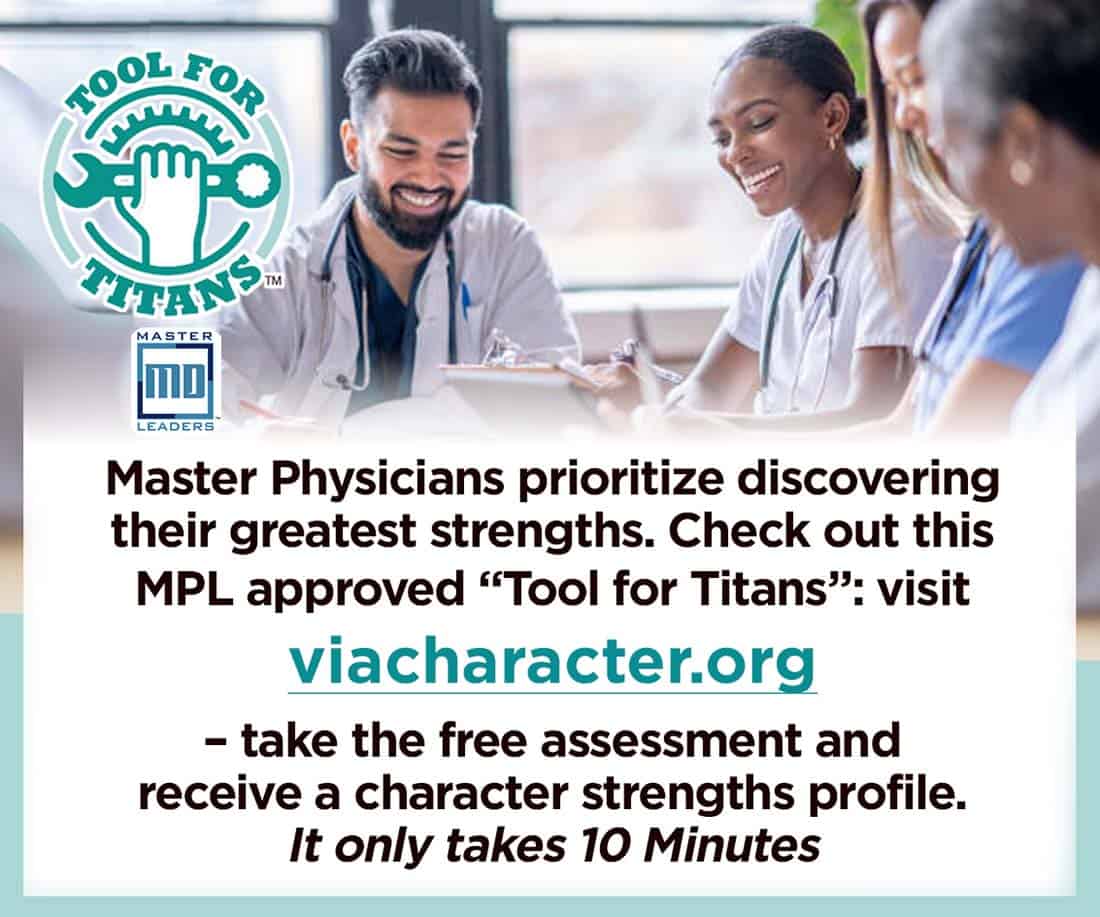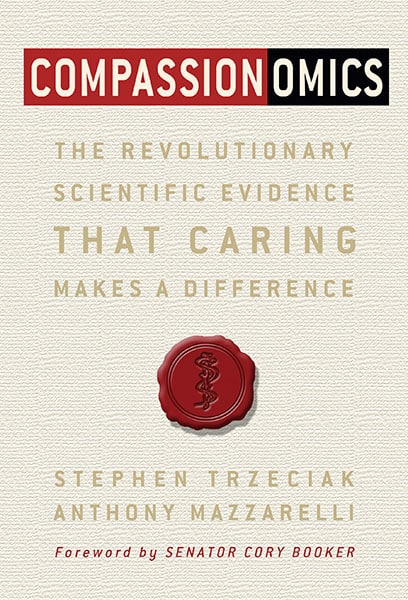The First 90 Days – Sign Up here to begin this free course
The First 90 Days

“I have this new position leading education for the residents, but I don’t know if this is what I am supposed to do. Everyone with similar professional experience to mine already has a Department Chair appointment.”
“I’m fed up with the bureaucracy of administration and I just don’t want to deal with it anymore. I know it will always be this way.”
“They don’t appreciate how hard I worked to turn the Service Line around. I’ve spent so many years here that I don’t know what else to do. My wife says that I should get an MBA. What do you think I should do?”
Self-talk is very revealing. Many physicians, no matter how accomplished, have an inner antagonist. That little voice that sits atop the shoulder and whispers limiting beliefs into the ear. Negative self-talk goes immediately to the subconscious, where it increases anger or cynicism, making it challenging to create a well-designed action toward professional fulfillment. Repeated negative self-talk leads to exaggerated and irrational thinking that allows for the physician leader to be tossed about by the prevailing winds of life or the day. Like the examples above, negative intention statements are a distraction from what you ideally want to achieve. If any of the statements sound familiar, have you asked yourself, “Am I leading the way I want to lead?”
Intentionality is knowing what it takes to control your outcomes.
Intentional physician leaders make decisions and take action in a manner consistent with their goals and values because they are clear about what they want to happen in their lives, in their careers, in a particular week, or in a specific meeting. Intentionality is thinking and acting “on purpose” and deliberately. When we think and act with intention, we can manage the distractions (e.g., the Inner Antagonist) and remain focused on our objectives. It is possible to dismiss the negative self-talk in favor of something else so that we can act deliberately to achieve the outcomes that we want. We all have the power to be our own best ally.
Please take comfort in the knowledge that we all get down on ourselves and engage in negative self-talk, even high-achieving physicians with a history of personal and professional success. It is essential to recognize the content of the dialogue and when it shows up, to create distance between “the whispers” in your ear from who you really are or what you really want. Being able to explore and separate your Inner Critic from your identity gives you the power to fill the gap with a stellar, positive mental structure.
Give yourself permission to actively set an intention for what you want and go after it.
Becoming actively intentional involves stepping back for a moment and asking yourself, “What do I ideally want to have happen here?” More specifically, ask yourself, “What do I ideally want to happen in this week?” or “What do I ideally want to happen in this upcoming meeting?” Use the form below to identify the intentions that are currently most important for you. Place a checkmark in the column that signifies the level of importance of each item for you at this moment in your life (1 = Relatively unimportant at this time; 5 = Very important). Add your own or additional intentions in the spaces provided. CLICK HERE to download.
An intentionality inventory is simply a snapshot in time, a reflection of where you are now in your life. Whatever your situation, adopt the belief that you are in control. Allow yourself the wonderment and joy of actively and consistently managing distractive forces. When you are clear about the outcomes that you seek (e.g., more meaningful interactions with colleagues or greater success at work and with your team), you will put a plan in place to make it happen.
Tip #7 – Identify the intentions that are most important to you at this moment.
Strategy #7 – Actively set an intention for what you want and go after it with an intentionality inventory.
Teresa Dean Malcolm, MD, FACOG, MBA, CPE, CPXP, is zealous in her belief that an exceptional experience in clinical care, the human(e) experience, is achievable through meaningful and authentic relationships with others. She has served in executive positions, integrating people with process and purpose, and successfully aligning the ideas of the team with a compelling vision. Her coaching philosophy, The Malcolm Method, is rooted in trust and supportive accountability. Through thought-provoking conversations, she strives to deepen the awareness of her physician clients and further their actions, thereby helping them to thrive as they lead. Dr. Malcolm (known to her friends and family as Terri) is a loving wife to her husband, Nate. Together they have three charming and athletic boys, Nathaniel, and twins, Roman and Colton.




